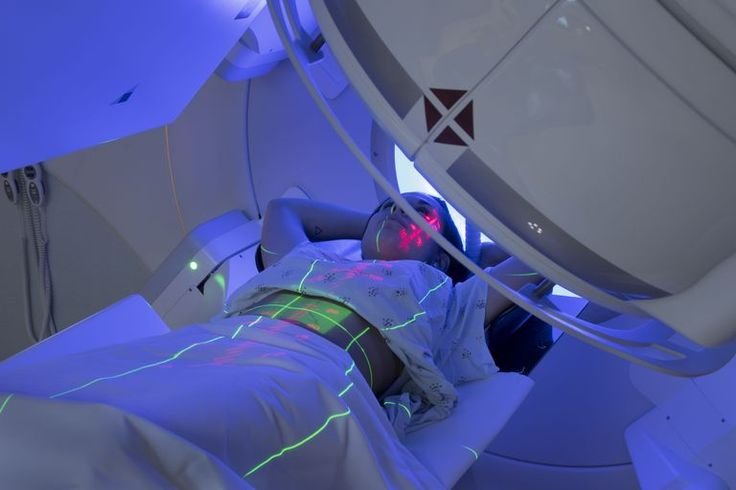
Introduction to Cancer Treatment Therapy
Understanding Cancer
When looking at cancer from a medical perspective, it is crucial to understand the disease itself. Cancer refers to the abnormal growth of cells in the body, which can spread to other parts and cause serious health issues. The uncontrolled growth of these cells can form a mass known as a tumor. There are various types of cancer, each with its unique characteristics and treatment options. Understanding the nature of cancer is essential for choosing the most effective treatment approach.
Overview of Treatment Options
Treating cancer involves different methods that aim to eliminate or control the abnormal cells in the body. The primary cancer treatment options include surgery, chemotherapy, radiation therapy, targeted therapy, immunotherapy, hormone therapy, and stem cell transplant. The choice of treatment depends on several factors like the type of cancer, its stage, and the patient’s overall health condition. Each treatment method has its benefits and potential side effects, which should be carefully considered by healthcare professionals and patients alike. By thoroughly understanding the available treatment options, individuals can make informed decisions regarding their cancer care.
Surgery as a Cancer Treatment
Types of Surgical Procedures
When it comes to treating cancer, surgery is one of the main treatment options available. Surgical procedures for cancer treatment vary depending on the type of cancer, its location, and stage. Common surgical procedures include tumor removal, lymph node removal, and organ resection. The goal of cancer surgery is to remove as much of the tumor as possible while preserving healthy tissues and organs.
Recovery and Side Effects
Following cancer surgery, patients may experience a period of recovery, which can vary based on the complexity of the procedure and individual factors. Side effects such as pain, swelling, and fatigue are common but are usually temporary. It is essential for patients to follow their healthcare team’s post-operative care instructions to support healing and minimize complications. Regular follow-up appointments will also be necessary to monitor recovery progress and address any concerns that may arise. Surgery, combined with other treatment modalities, can significantly improve cancer outcomes and quality of life for patients.
Chemotherapy for Cancer Patients
How Chemotherapy Works
Chemotherapy is a common cancer treatment that involves using drugs to kill cancer cells. These drugs can be administered orally or intravenously and work by targeting rapidly dividing cells, which are characteristic of cancer cells. By interfering with the cancer cells’ ability to grow and divide, chemotherapy aims to shrink tumors and prevent cancer from spreading to other parts of the body.
Common Chemotherapy Drugs
There are several types of chemotherapy drugs used to treat cancer, each with its specific mechanism of action and side effects. Some common chemotherapy drugs include Paclitaxel, Doxorubicin, Cyclophosphamide, and Methotrexate. These drugs may be used alone or in combination with other chemotherapy drugs, surgery, or radiation therapy, depending on the type and stage of cancer being treated. Chemotherapy is often given in cycles, with periods of treatment followed by rest to allow the body to recover from the side effects of the drugs. Patients undergoing chemotherapy may experience side effects such as nausea, hair loss, fatigue, and increased risk of infections. It is crucial for patients to communicate openly with their healthcare team about any side effects they may experience to receive proper support and management.
Radiation Therapy in Cancer Treatment
Principles of Radiation Therapy
Radiation therapy, also known as radiotherapy, is a common cancer treatment method that uses high doses of radiation to kill cancer cells and shrink tumors. Unlike chemotherapy, which treats cancer using drugs, radiation therapy focuses on using targeted energy beams to destroy the DNA within cancer cells, preventing them from multiplying and spreading. This treatment is carefully planned to deliver precise doses of radiation to cancerous areas while minimizing exposure to healthy tissues surrounding the tumor.
Types of Radiation Techniques
There are various types of radiation therapy techniques used in cancer treatment. External beam radiation therapy is the most common approach, where a machine outside the body delivers radiation to the cancer site. Brachytherapy involves placing radioactive sources directly inside or near the tumor, allowing for targeted radiation delivery. Stereotactic radiosurgery is a specialized technique that delivers high doses of radiation to small, well-defined tumors in fewer treatment sessions. Understanding these different techniques can help healthcare providers tailor the most effective radiation treatment plan for each individual patient based on their specific cancer type and stage.
Immunotherapy in Cancer Treatment
Boosting the Immune System
Immunotherapy is a revolutionary approach in cancer treatment that focuses on harnessing the power of the body’s immune system to combat cancer cells effectively. Unlike traditional treatments like chemotherapy and radiation therapy, which directly target cancer cells, immunotherapy works by boosting the immune system’s ability to recognize and destroy cancerous cells. By enhancing the body’s natural defenses, immunotherapy offers a targeted and personalized treatment option for patients fighting different types of cancer.
Immunotherapy Success Stories
There have been numerous success stories of patients who have benefited from immunotherapy. These inspiring tales illustrate how this innovative treatment approach has significantly improved the lives of individuals diagnosed with various forms of cancer. From long-term remission to improved overall survival rates, the success of immunotherapy in treating cancer continues to grow, offering hope to patients and their loved ones. As ongoing research uncovers more about the potential of immunotherapy, it is proving to be a game-changer in the fight against cancer, paving the way for more effective and less invasive treatment options.
